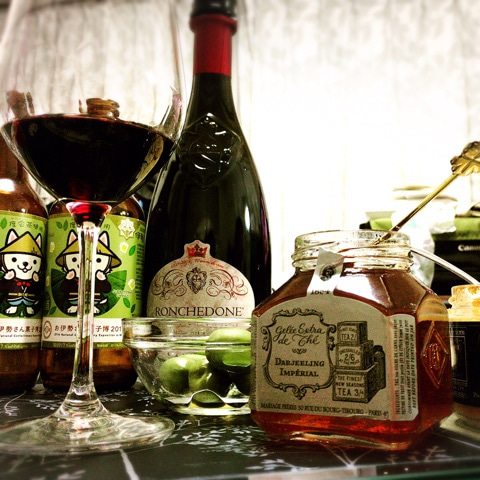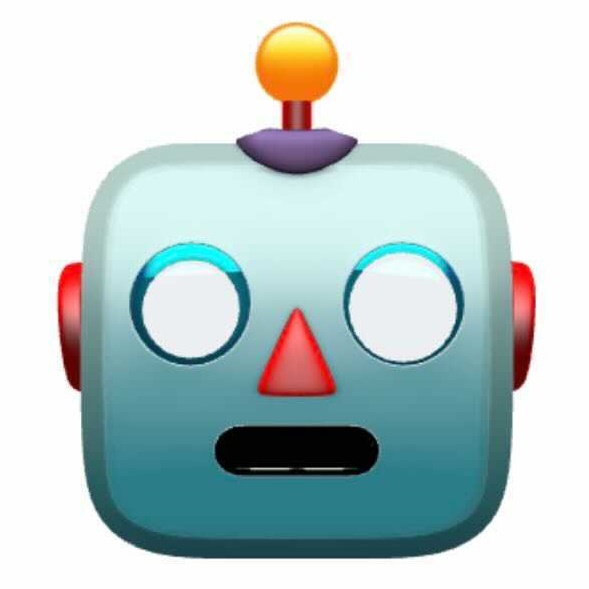
Children’s entertainment should be educational and for the most part I think most children’s entertainment is educational. Actually, it is quite difficult to make children’s entertainment non-educational. Children are sponges and absorb everything in their environment, they learn from everything and everyone. You must be very careful what you expose children too because they copy and imitate everything and everyone around them. It’s all part of the learning process and it is completely natural. Every child, no matter the race or environment, acts and learns in the same way. It is very natural. Their environment plays a part in the overall outcome of a child’s skills and knowledge, but the way children learn is fundamentally the same all over the world.
I think the idea that entertainment is non-educational is faulted. I think that people who say television or computer games are non-educational do not really understand the way children learn. People who are completely against their children watching TV or playing computer games are wrong in my opinion; however, like with everything, these activities should be done in moderation. They should never be used as a replacement for good old-fashioned human interaction, and they should, if possible, never be used as a baby-sitting tool.
Most entertainment, stories, songs, shows and games, teach children valuable lessons about language, culture and environment. It may not seem so, because we as adults hear children singing basic, sometimes non-sensical, songs. For children, tough, they are learning the basic building blocks of language, the most common words used, and if the song is silly, they are learning what is not normal, and finding it humorous, which is the fundamental rule to humor. Humor generally comes from an unexpected result of a situation or interaction that we are used to. Children learn humor, but they also learn what is normal, and what is not.
Several studies have been carried out about entertainment for children. They found that entertainment only, for example, a TV show, song, or story, is very difficult for children to understand if they have no previous context from their parents, family or peers. This means that if you want your children to learn another language, putting them in front of an English TV show will have almost zero effect on their English learning ability. What needs to happen first is that the children need to be exposed to English in a natural way, with a teacher, parent, friend, etc., for them to gain the basic understanding. Once that has happened, a TV program, or a game or song, can be used to reinforce what they have learned. I think the same can be said for people in general. I think naturally we learn from others and situations we experience. As TV and other forms of technology are relatively new to the human experience, it is difficult for our brains to process the information as effectively as experiencing it from actual people or situations.
Basically, what I have found with regards to my own experiences, teaching experience with children and adults, and with my own children, is that learning happens in all forms in many different situations, but their can be no substitute for learning from people directly. Although it is possible to learn through entertainment, there needs to be context, especially for young children in order for them to gain reasonable benefit from current forms of children’s entertainment, such as TV, YouTube, apps, etc. Interaction with people, especially parents and family members, is the most important experience for children’s learning and development.
Nick
Vocabulary
absorb (verb) – to take something into the mind and learn or understand it
expose (verb) – to let somebody find out about something by giving them experience of it or showing them what it is like
race (noun) – one of the main groups that humans can be divided into according to their physical differences
in moderation (idiom) – within reasonable or moderate limits; to not do something too much
old-fashioned (adjective) – not modern; no longer fashionable
reinforce (verb) – to make a feeling, an idea, etc. stronger
ネイティブ講師と話すならこちら!
英語学習をフルサポート!
マンツーマン&コーチングの英会話教室




















